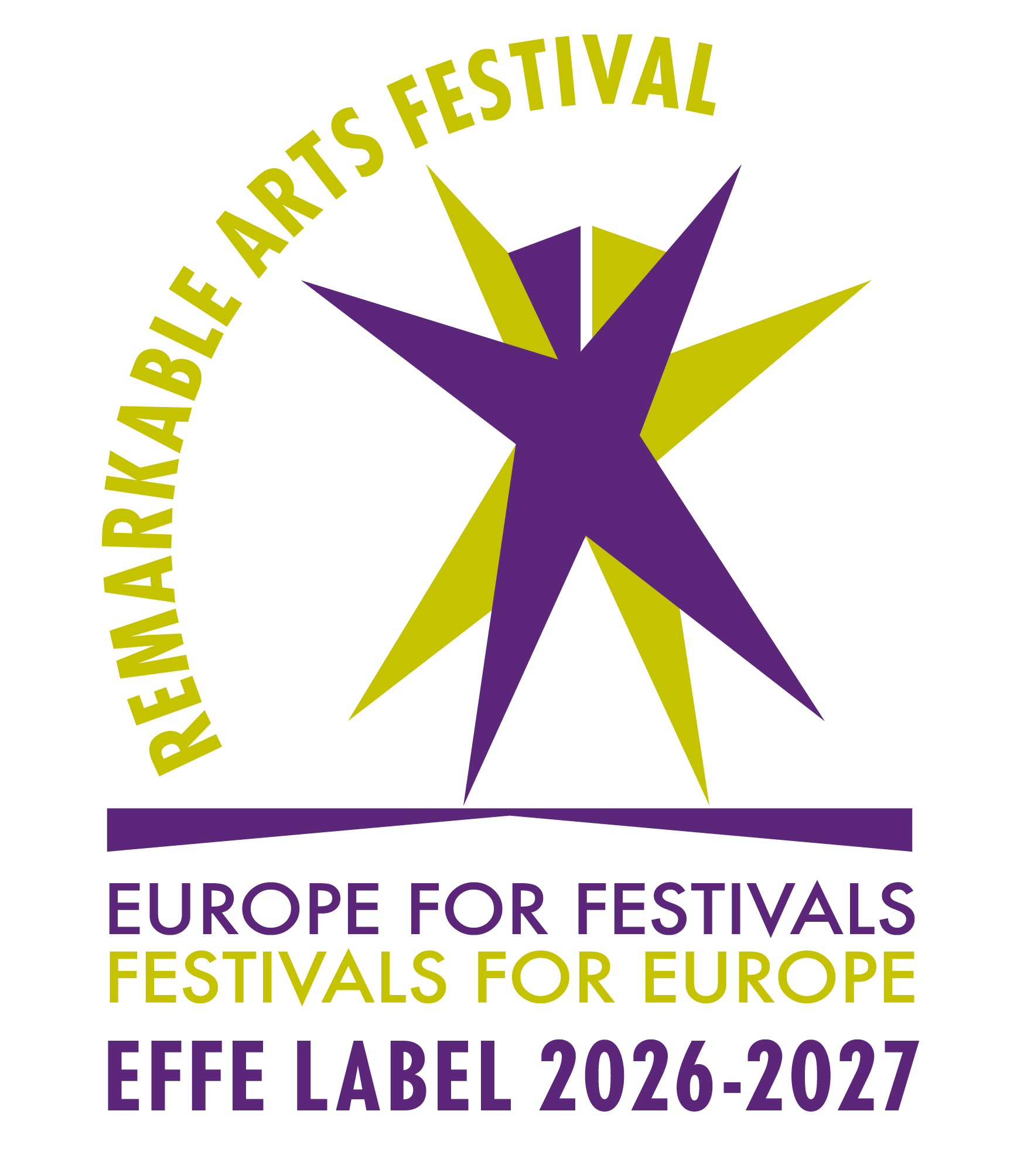- home
- festival
- festival 2025 – XXXII
- festival 2024 – XXXI
- festival 2023 – XXX
- festival 2022 – XXIX
- festival 2021 – XXVIII
- festival 2020 – XXVII
- festival 2019 – XXVI
- festival 2018 – XXV
- festival 2017 – XXIV
- festival 2016 – XXIII
- festival 2015 – XXII
- festival 2014 – XXI
- festival 2013 – XX
- festivals archive 1994 – 2012
- tickets
- foundation
- projects
- productions
- events
- news
- contacts
Armine, Sister
Teatr ZAR
May 9, 2015 19:00
Stazione Leopolda di Firenze | IT
Also on
May 10, 2015 19:00
Armine, Sister is a piece dedicated to Armenian history and culture and to the Armenian genocide.
Originally, Armine, Sister was intended as a séance in which it is not us calling the departed, but the spirits of the dead calling to have a trace of the past revealed, made visible, unearthed. The title recalls the first two words of a letter with no legible address, doomed to drift around in time and space.
In light of the post-Auschwitz future that Theodor W. Adorno envisaged for poetry, art and education, we would like to ask: “Is there a chance that the 21st century will not become the century of ignorance?” In our new piece we ask about Europe, convinced that Europe is a question – one about history, identity, dignity. One of the main ideas of Armine, Sister is to tackle the issue of historic taboos and lies as opposed to a duty to witness.
When working on the performance, we often invoked Paul Celan’s Death Fugue, in which the dreams of the murderers and victims are dreamt in the same space. The space of the performance/séance of memory, like the space of a dream, is co-inhabited by thousands of beings.
Armine, Sister touches on how painful the memory-carrying process can be. It is also an attempt to identify/name our place in relation to past generations, and to understand who we are – we, who always stand on the other side of memory like on the other side of the camera. We see history through a peephole, seeing only traces, shadows, thoughts.
Cultivating an ethos of ensemble work, Teatr ZAR develops its artistic projects through long-term research into source material while creating a new theatrical language drawing on music from various traditions. Teatr ZAR is a multinational ensemble that was formed during annual research expeditions to Georgia between 1999 and 2003. During these travels, the group collected musical material, including a core of centuries-old polyphonic songs that have their roots in the beginning of the human era and are probably the oldest forms of polyphony in the world. Performances are just part of a long process of research, expeditions, personal explorations and transformation.



